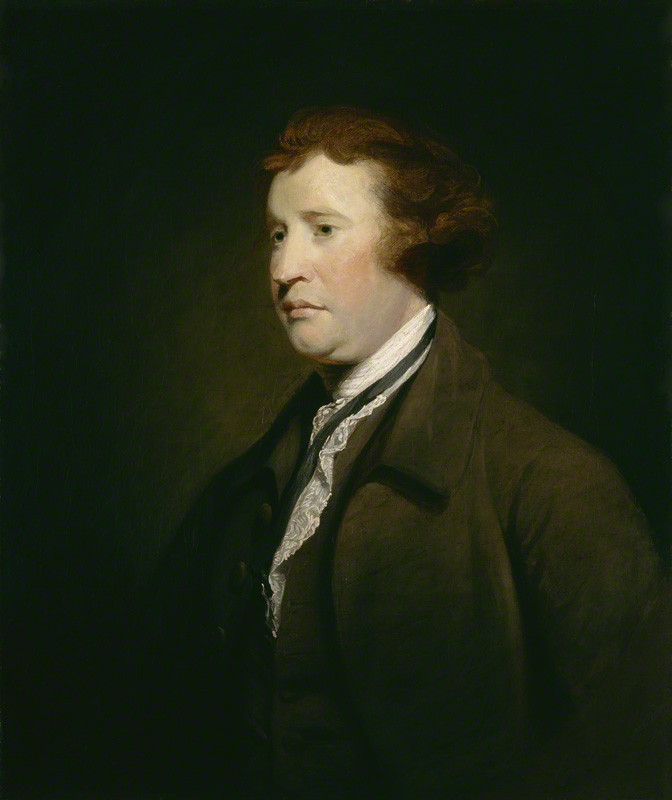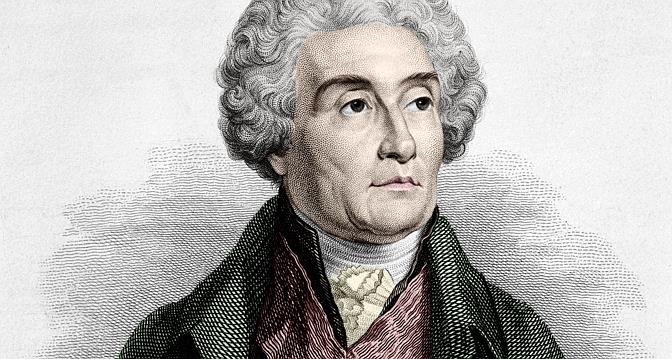6.5 The Concert of Europe and European Conservatism
3 min read•june 18, 2024
Sharii Liang
Isabela Padilha
AP European History 🇪🇺
335 resourcesSee Units
Napoleon the Radical ♚
At the same time as the First Industrial Revolution was Napoleon’s conquering of Europe. He took over countries like Spain, most of Italy, Austria, the Netherlands, Belgium, Poland, and Egypt, but his grip couldn’t hold due to the sheer size of his continental empire. His eventual defeat at Waterloo signified the end of his radical ideology and Napoleonic Codes… or did it?
The Congress of Vienna & Concert of Europe
With the impending defeat and exile of Napoleon, Europe had one more problem to add on to all their inhumane industrial problems. As much as Napoleon was a dictatorial conqueror, his ideas were not half bad to the people of the states he conquered it seemed. 🗣️
Determined not to let this happen again, the Congress of Vienna was held to deal with the political mess Napoleon left in Europe and other pressing issues like what to do with Poland.
The Congress of Vienna, led by Metternich, sought to restore the old political order of Europe. It was comprised of the Great Powers of Europe, which would lead to an almost 100-year peace in Europe, and resulted in three significant policies.
- Principle of Legitimacy - removed by Napoleon? Monarchs are back in power 👑
- Restoration of the Balance of Power - Make sure all nations are equal in power 💪💪
- Strengthen Countries around France - Make sure France doesn’t go crazy again 🇫🇷

Regarding the touchy issue of Poland, much of the nation was annexed to Russia. However, Prussia also got a small portion. Poland’s annexation by Russia and Prussia would just be a sign of what’s to come in the future.
The Concert of Europe was an agreement by various Great Powers, who had formed a Quadruple Alliance (Austria, Britain, Russia, Prussia), to put down any future revolutions through military force. Called the Principle of Intervention, this was an attempt to preserve the balance of power and principle of legitimacy. Most of the Great Powers agreed to it due to fear that Napoleon’s ideas would spread, but England opposed it.
Congress of Vienna Main Representatives and their Demands
Name | Country | Goals |
Metternich | Austria | Peace in Europe / Control German & Italian states |
Alexander I | Russia | Peace in Europe / Control Poland |
Talleyrand | France | Don’t divide France into pieces |
Castlereagh | England | Strengthen German & Italian states / Stop Russia |
Hardenberg | Prussia | Wants Poland but willing to compromise |
Conservatism Arises
The greatest champions of conservatism were Klemens von Metternich, Edmund Burke, and Joseph de Maistre during this time. They all believed in the old ways of doing things.
💡Remember: The adherence to the concept of conservatism was important for monarchs to re-establish control over Europe and more easily suppress any movements for change. Conservatism aslo aiimed to increase again the legitimacy of religious authorities.
Metternich was an Austria prince who was sent as Austria’s representative in the Congress of Vienna. He sought to reestablish the old societal order and put all the monarchs Napoleon had overthrown back in power. Everything he did reaffirmed the power of monarchies and sought to prevent any more uprisings. His goal was to end all revolutions.

Burke was an Irish politician who is known as the father of modern conservatism. He believed that change should be slow, not quick and immediate like in the French Revolution. Burke disapproved of the French Revolution, believing that it would be tyrannical and chaotic due to how fast change occurred.

Maistre was a French philosopher and lawyer who advocated for a monarchy and hierarchy immediately after the French Revolution. He saw the actions of his fellow countrymen as invalid due to their undermining of the monarchy.

Browse Study Guides By Unit
🎨Unit 1 – Renaissance & Exploration
⛪️Unit 2 – Reformation
👑Unit 3 – Absolutism & Constitutionalism
🤔Unit 4 – Scientific, Philosophical, & Political Developments
🥖Unit 5 – Conflict, Crisis, & Reaction in the Late 18th Century
🚂Unit 6 – Industrialization & Its Effects
✊Unit 7 – 19th Century Perspectives & Political Developments
💣Unit 8 – 20th Century Global Conflicts
🥶Unit 9 – Cold War & Contemporary Europe
📚Study Tools
🤔Exam Skills
👉Subject Guides

Fiveable
Resources
© 2025 Fiveable Inc. All rights reserved.